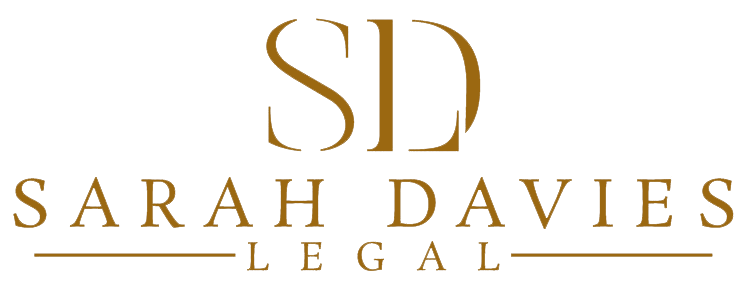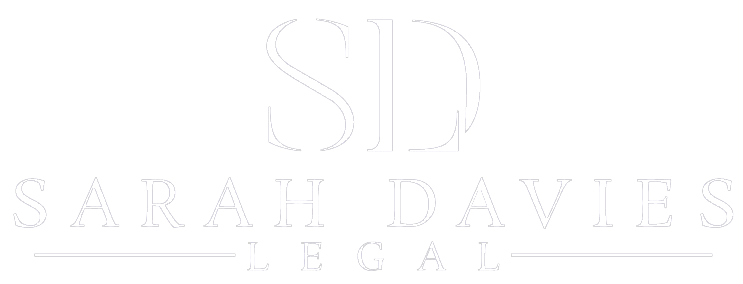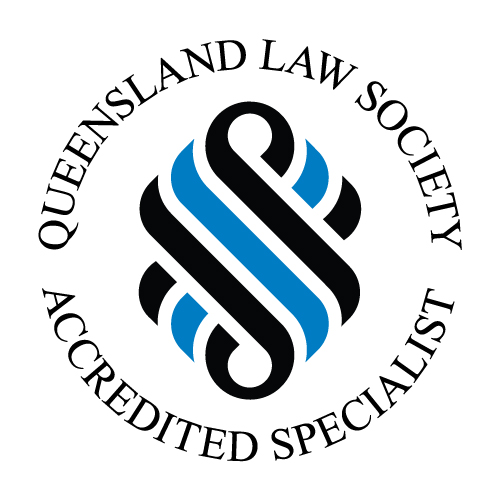The Australian Communications and Media Authority (ACMA) is responsible for overseeing the operation of the Do Not Call Register (DNCR), as well as national standards for minimum levels of conduct by telemarketers.
The Telecommunications (Telemarketing and Research Calls) Industry Standard 2017 has recently come into operation, replacing the Telemarketing and Research Industry Standard 2007. The Standard establishes a minimum set of requirements for making telemarketing and research calls to an Australian number. The Standard applies even to organisations that are exempt from complying with the DNCR.
The following points should be noted.
Telemarketing calls
A call is a telemarketing call if one of its purposes is to offer to supply or to advertise or promote, goods or services, an interest in land, or a business or investment opportunity, or solicit donations. Telemarketing calls can only be made on:
- weekdays between 9am and 8pm, and
- Saturdays between 9am and 5pm.
The following information must be given as soon as the call starts:
- The given name of the person calling (unless the call is made solely using a recorded or synthetic voice).
- The purpose of the call.
- The name of the business.
In addition, the following information must be provided if it’s requested:
- The contact details of the employer of the person making the call.
- The contact details of the business on whose behalf the call is made.
- The name and contact details of the person responsible for dealing with enquiries and complaints.
Research calls
Different rules apply to research calls. A research call is one where the purpose is to conduct opinion polling or standard questionnaire-based research. Research calls can only be made on:
- weekdays between 9am and 8.30pm
- Saturdays between 9am and 5pm, and
- Sundays between 9am and 5pm.
The following information must be given as soon as the call starts:
- The given name of the person calling (unless the call is made solely using a recorded or synthetic voice).
- The purpose of the call.
- The name of the business.
Information about the contact details of the employer of the person making the call should be provided immediately if the person asks for it, or before the end of the call. The person receiving the call can also ask the caller to reveal the source from which they obtained the phone number.
In addition, the contact details of the business on whose behalf the call is made must be provided if it’s requested.
Dual purpose calls
If the call contains opinion polling or research elements, but also has a telemarketing component, it becomes a telemarketing call and must not be made to a number on the DNCR unless the organisation is exempt. In the case of a dual-purpose call, both purposes need to be stated immediately after the call starts.
Consent
Calls can be made outside of the permitted times only if the person has given their express consent. It cannot be implied.
Terminating the call
The caller is required to terminate the call where the call recipient asks for the call to be terminated or indicates that he or she doesn’t want the call to continue.
Calling Line Identification
The caller is required to ensure that Calling Line Identification (CLI) is enabled when they make a call. Phone numbers for return contact by the call recipient must remain available for at least 30 days from when the original call was made. When a call recipient makes a return call to the number transmitted by CLI, he or she must be able to obtain the following information with a reasonable period of time:
- The name of the employer of the person who made the call.
- The purpose of the call.
- Who caused the call to be made.
Some examples…
Last year, ACMA prosecuted two high-profile companies for breaches of the Standard:
- Getaway Escapes – ACMA prosecuted the company and its director for 5,293 telemarketing calls made to numbers on the DNCR and for making telemarketing calls without displaying the number of the caller. The Federal Court ordered Getaway Escapes to pay penalties of $300,000. The court was satisfied the director was knowingly concerned in the breaches of the Act and the Standard, and ordered her to pay $25,000 and made an order restraining her from being involved in a business that makes unsolicited telemarketing calls for five years. ACMA’s investigation of the company was prompted by consumer complaints.
- Easymeals – ACMA prosecuted a manufacturer of convenience meals because its national call centre in Brisbane made calls outside of the calling times allowed by the Standard. The calls were made to States with a time zone up to two hours behind Brisbane, which meant the calls were received earlier than the 9am start time. In addition, Easymeals’ call centres made telemarketing calls to some consumers on the register after they had asked to opt-out of further calls. It had penalties imposed on it of $13,600.
Next steps
For businesses involved in telemarketing, it’s essential that key staff is aware of the obligations imposed by the DNCR and the Standard. Not only can breaches result in significant penalties, but there is also reputational damage to consider.
Please contact us if you have any questions in relation to marketing and selling practices. We can provide advice about your obligations under the various pieces of consumer legislation, and represent businesses in relation to claims brought by customers or regulators.
Sarah Davies
Director
Sarah Davies Legal
Accredited Specialist – Commercial Litigation
This article is produced as general information in summary for clients and should not be relied upon as a substitute for detailed legal advice or as a basis for formulating business or other decisions. Formal legal advice should be sought in relation to particular matters. Sarah Davies Legal Pty Ltd asserts copyright over the contents of this document.




